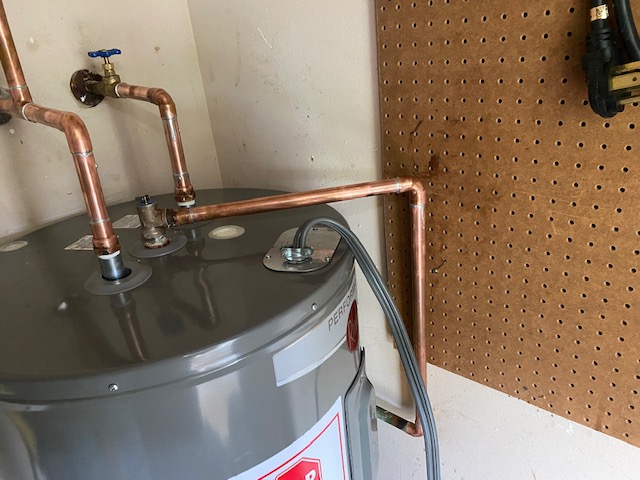How To Maintenance a Hot Water Heater
by siteadmin

How to maintenance a hot water heater
A hot water heater is an essential appliance in most households, providing hot water for bathing, cleaning, and cooking. However, like any other appliance, it requires regular maintenance to ensure it runs efficiently and lasts longer. Neglecting the maintenance of a hot water heater can lead to reduced efficiency, higher energy bills, and even safety hazards. In this article, we will outline some essential steps to maintain your hot water heater and keep it running smoothly.
1. Drain the tank
-
Over time, sediment and debris can build up in the tank, reducing its efficiency and causing it to work harder to heat the water. To prevent this, drain the tank at least once a year to remove any sediment or debris that has accumulated. To do this, turn off the power supply to the water heater, connect a hose to the drain valve, and open the valve to drain the tank. Once the tank is empty, close the valve, remove the hose, and turn the power back on.
2. Check the Anode Rod
The anode rod is a crucial component in your hot water heater, protecting the tank from rust and corrosion. However, over time, the rod can corrode and wear down, leaving the tank vulnerable to damage. To check the anode rod, turn off the power supply to the water heater, locate the anode rod (it's usually located on top of the tank), and remove it. If the rod is less than 1/2 inch thick or is coated in calcium, it's time to replace it.
3. Inspect the Pressure Relief Valve
The pressure relief valve is an essential safety feature of your hot water heater, releasing excess pressure to prevent the tank from exploding. It's crucial to ensure the valve is working correctly to avoid any safety hazards. To test the pressure relief valve, turn off the power supply to the water heater, lift the lever on the valve, and allow some water to flow out. If the valve doesn't release any water or is leaking, it's time to replace it.
4. Check the Temperature Setting
The temperature of your hot water heater is another crucial factor in its efficiency and safety. The recommended temperature for most households is between 120 and 140 degrees Fahrenheit. Anything higher can pose a safety risk and increase your energy bills. To check the temperature setting, turn off the power supply to the water heater, remove the cover plate, and use a thermometer to measure the temperature of the water inside the tank. Adjust the temperature setting as needed.
5. Inspect the Gas Burner or Electric Heating Element
If you have a gas water heater, the burner is responsible for heating the water, while an electric heating element heats the water in an electric water heater. It's crucial to ensure that both are working correctly to ensure your hot water heater runs efficiently. To inspect the gas burner, turn off the gas supply, remove the burner assembly, and clean any debris or dust that has accumulated. To inspect the electric heating element, turn off the power supply, remove the access panel, and inspect the element for any signs of wear or damage.
6. Insulate the Pipes and Tank
Insulating your hot water pipes and tank can help reduce heat loss and improve the efficiency of your hot water heater. You can buy pre-cut pipe insulation at your local hardware store and wrap it around the hot water pipes. For the tank, you can purchase a water heater blanket and wrap it around the tank to help retain heat.
In conclusion, regular maintenance of your hot water heater is essential to keep it running efficiently, increase its lifespan, and prevent safety hazards. By following these simple steps, you can ensure that your hot water heater continues to provide hot water for your household's needs. Remember, if you're not comfortable performing any of these maintenance tasks
Woodlands Plumbing Services
The Woodlands, Texas
281-688-4349
How to maintenance a hot water heater A hot water heater is an essential appliance in most households, providing hot water for bathing, cleaning, and cooking. However, like any other appliance, it requires regular maintenance to ensure it runs efficiently and lasts longer. Neglecting the maintenance of a hot water heater can lead to reduced…
Recent Posts
- Lawn Care Spring Branch Advocates for Property Care: Combatting Weed Growth and Preserving Curb Appeal
- Lawn Care Spring Branch Advocates for Property Care: Combatting Weed Growth and Preserving Curb Appeal
- Got Flow Plumbing and AC Services Redefines Water Filtration Excellence with Comprehensive Inspection, Repair, and Replacement Services
- How Long Does Foundation Repair Take?
- Enhance Your Living Space: Attic Insulation Services in Houston
